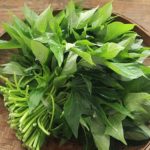What are the 10 days of vegetarianism in a month?
Those are the 1st, 8th, 14th, 15th, 18th, 23rd, 24th, 28th, 29th, and 30th days of the lunar month. According to the Law of Learning, choosing 10 vegetarian days in a month is a method that the Buddha Chí Tôn granted during the Tam Kỳ Phổ Độ ceremony, and is associated with the 10 days of attaining Enlightenment of 10 Buddhas:
- The 1st day is the day of attaining Enlightenment of the Dinh Quan Buddha.
- The 8th day is the day of attaining Enlightenment of the Dược Sư Như Lai Buddha.
- The 14th day is the day of attaining Enlightenment of the Phổ Hiền Bồ Tát Buddha.
- The 15th day is the day of attaining Enlightenment of the A Di Đà Như Lai Buddha.
- The 18th day is the day of attaining Enlightenment of the Quan m Bồ Tát Buddha.
- The 23rd day is the day of attaining Enlightenment of the Thế Chí Bồ Tát Buddha.
- The 24th day is the day of attaining Enlightenment of the Địa Tạng Vương Bồ Tát Buddha.
- The 28th day is the day of attaining Enlightenment of the Tỳ Lư Đà Na Phật Buddha.
- The 29th day is the day of attaining Enlightenment of the Dược Dương Bồ Tát Buddha.
- The 30th day is the day of attaining Enlightenment of the Thích Ca Như Lai Buddha.
WHERE DOES THE 10-DAY VEGETARIANISM IN OCTOBER BEGIN?
Buddhism believes that vegetarianism (lat, trai giới) is a way to nurture compassion, the spirit of equality with all beings, while reducing the karma of killing and bringing peace of mind to Buddhist followers.
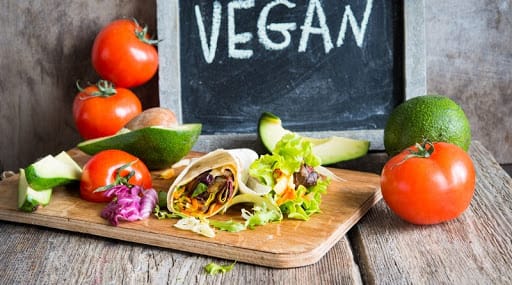
There are two forms of vegetarianism: voluntary lifelong vegetarianism using pure substances and occasional vegetarianism based on certain periods on certain days in a month, in a year.
The number of vegetarian days depends on the belief and conditions of each individual. Buddhism never sets rules or compels its followers to practice vegetarianism. In fact, Buddhist followers often schedule to eat vegetarian for 10 days in a month, also known as thập trai.
Regarding the origin of the 10-day vegetarianism, according to the document Buddhismtoday, vegetarianism is the first disciplinary practice, eating vegetarian for 10 days, with the days evenly distributed throughout the week and month to constantly remind oneself to practice, expand compassion, avoid killing and creating food for oneself.
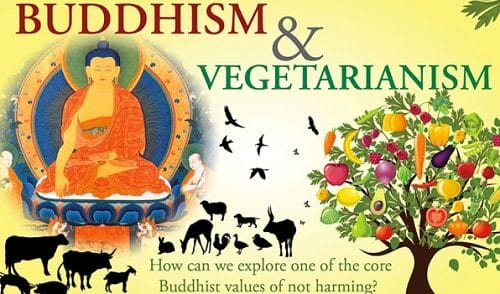
All things in the world have a beginning and mutually interact. The 10-day fasting includes the 30th day of each month to remind Buddhist followers to remember the past month and be more diligent in the new month. A closed previous month is the starting point for a new month.
MEANING OF 10-DAY VEGETARIANISM
According to the Earth Store Bodhisattva’s Original Prayer: “Ten days of vegetarianism, the array of various sins. If in these 10 days, one abstains from eating meat before Buddhas and Bodhisattvas, and recites the Earth Store Bodhisattva’s Original Prayer, not only will they eliminate calamities, but the four cardinal directions, east, west, south, and north, 100 weeks apart (4000 miles) will be free from accidents.”
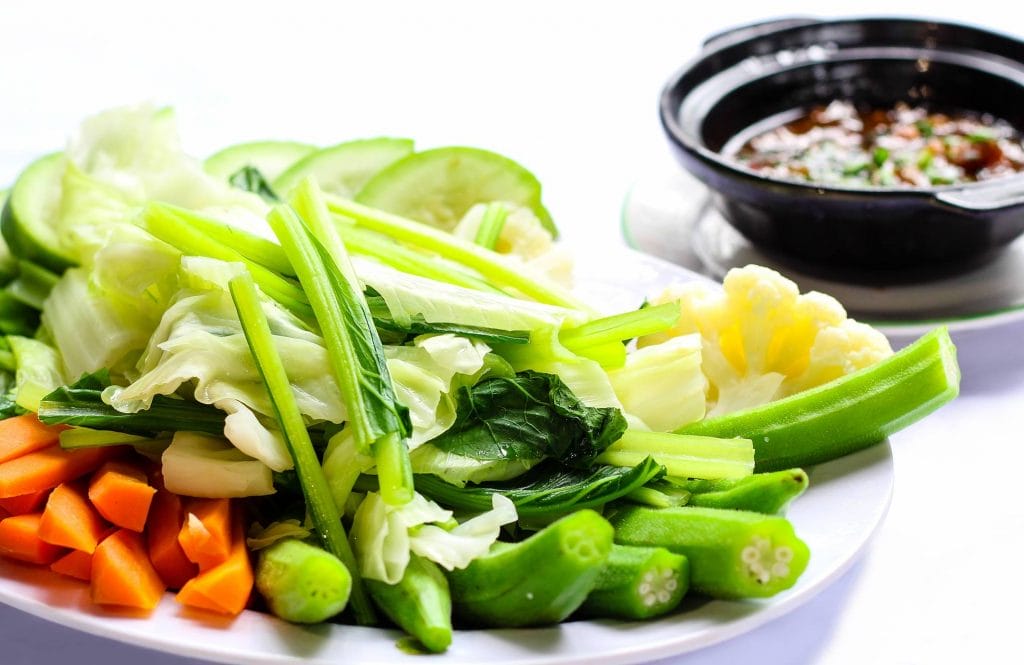
10-day vegetarianism has a character of nourishing qi corresponding to the 10 days of attaining Enlightenment of 10 Buddhas in terms of the Dharma transmitted to obtain the Precious Dharma. In terms of life (existence), it helps us cultivate compassion, loving-kindness, forbearance, equanimity, and reduce illnesses.
- On the 1st day, fasting combined with reciting the name of the Buddha Dinh Quang helps eliminate obstacles and bad karma.
- On the 8th day, vegetarianism combined with reciting the name of the Buddha Dược Sư Như Lai helps eliminate obstacles, promote merits.
- On the 14th day, fasting combined with reciting the names of 1000 Buddhas will eliminate bad things and promote good things.
- On the 15th day, as Trời Tứ Thiên Vương descends to the human realm on his weekly visit to examine the good and evil deeds of sentient beings, vegetarianism and recitation of the name of the Buddha A Di Đà in this day will eliminate killing and promote the growth of wisdom, joy, and peace.
- On the 18th day, reciting the name of the Earth Treasury Bodhisattva combined with vegetarianism will help eliminate obstacles and promote longevity.
- On the 23rd day, reciting the name of the Great Mahāsthāmaprāpta Bodhisattva will eliminate obstacles and killing.
- On the 24th day, fasting combined with reciting the name of the Buddha Tỳ Lô Giá Na will eliminate obstacles, dispel worries, and promote wisdom.
- On the 29th day, fasting and reciting the name of the Medicine King Bodhisattva will eliminate diseases, bad karma, and promote good karma.
- On the 30th day, fasting and reciting the name of the Buddha Thích Ca Mâu Ni will promote merits, achieve the Bodhisattva Path.
A guide to properly and safely practicing vegetarianism
Choose the appropriate form of vegetarianism for the individual
To ensure complete and proper vegetarianism, you need to pay attention to choosing the appropriate form of vegetarianism for your physical condition.
For children, the elderly, pregnant and breastfeeding women… you should apply flexible forms of vegetarianism, such as combining vegetarianism with eggs and milk, eating vegetarian on alternating days with regular meals or having one vegetarian meal and one regular meal.
For other individuals with good physical condition, they can choose any form of vegetarianism based on their needs.
Arrange a proper meal plan and schedule
To ensure complete and proper vegetarianism, you need to arrange your meals, nutritional intake, time, and number of meals in a reasonable way. Meals should be diversified from various vegetarian foods, properly prepared. For example, for breakfast, you should eat energy-rich but easily digestible foods. For lunch and dinner, you should prepare meals that provide adequate nutrition to improve appetite. Pay attention to balancing plant-based protein and other nutrients to ensure a well-nourished meal.
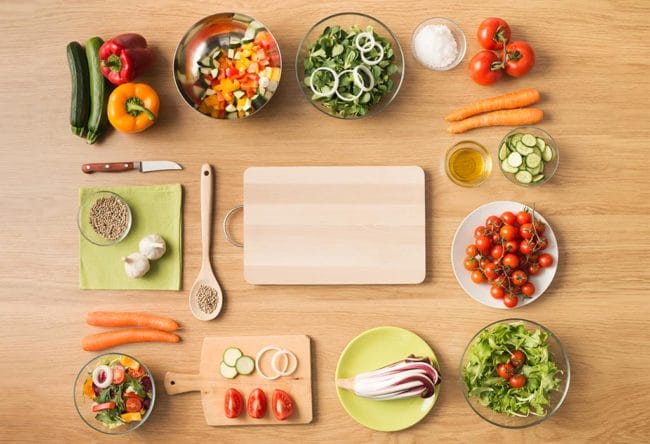
Select ingredients carefully
In addition, the selection of ingredients for vegetarian cooking needs to be done meticulously and carefully. Vegetarians should cook by methods such as boiling, steaming, blanching,..
Find and supplement necessary nutrients
If you do not know how to arrange a diverse diet, you may lack important nutrients because each individual vegetarian food cannot provide all the necessary nutrients for the body. Therefore, you need to know how to combine them, for example, eating porridge with mung beans, milk, and cereals, avoiding a single dish.
A normal daily diet needs to ensure 4 nutrient groups:
- The first is carbohydrates found in rice, potatoes, corn, wheat, and cereals.
- The second is protein, abundant in legumes.
- The third is fats from oil-rich seeds such as soybeans, sesame, peanuts, sunflower seeds, and gac seeds…
- The fourth is vitamins and minerals found in vegetables, tubers, and fruits.
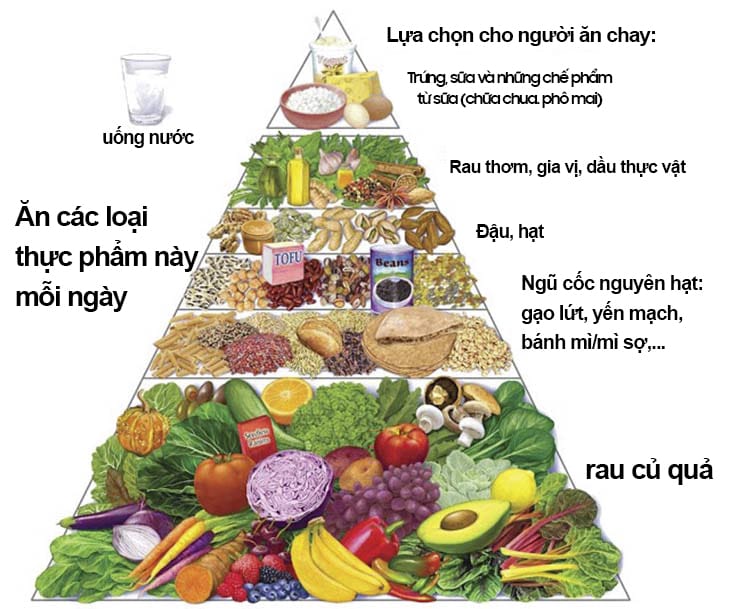
Suggested menu for vegetarian meals
- Breakfast: Vegetarian meatball noodles, stir-fried noodles, peanut butter toast, steamed buns, vegetarian crab noodles.
- Midday: Yogurt, strawberry milkshake, and fruit.
- Lunch: Rice, tofu with tomato sauce, cabbage soup, and fruit for dessert.
- Afternoon: Sweet potato or a glass of soy milk.
- Dinner: Rice, bitter melon stew, pumpkin soup, or noodles, pumpkin stew with mushrooms…
No matter which form of vegetarianism you choose, ensuring complete and proper vegetarianism should always be the top priority.
3 Essential Steps for Cooking Stuffed Bitter Melon Soup for Tet – Enjoyed by Kids without Worrying about the Bitter Taste
For a deliciously non-bitter bitter melon soup this Tet holiday, follow these three easy steps: first, remove the seeds; second, soak the bitter melon in salt water; and third, cut and rub with lime. After completing these steps, simply stuff the melon with your desired meats and simmer and cook as usual.

























